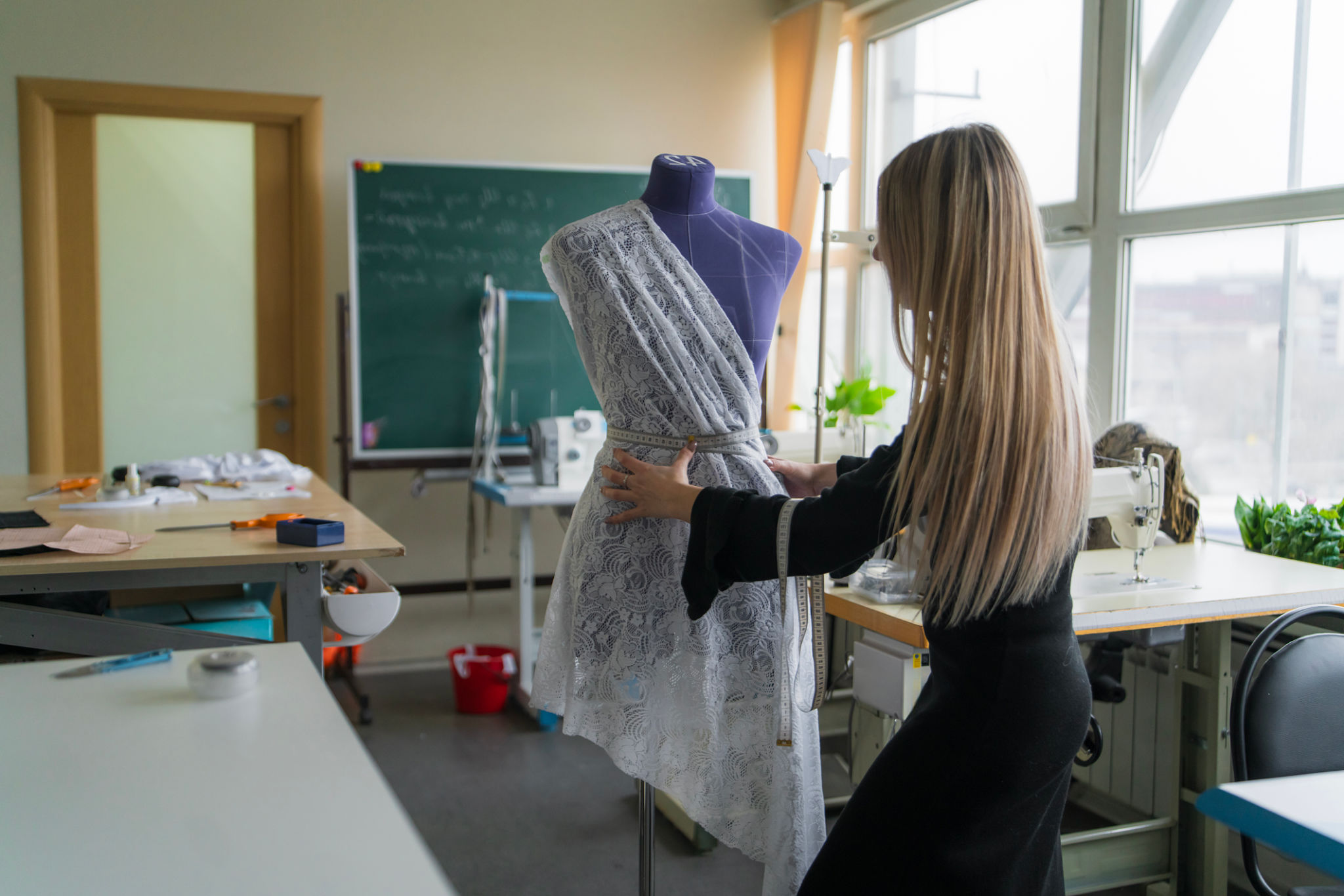Understanding the Tailoring Process: From Concept to Finished Design
The Initial Consultation
The journey of creating a bespoke garment begins with the initial consultation. This crucial step involves a detailed discussion between the client and the tailor to understand the client's vision, preferences, and needs. During this meeting, clients can express their style choices, fabric preferences, and any specific requirements they might have for the garment. The tailor, on the other hand, will offer expert advice on fabric selection, garment styles, and design elements that best suit the client's body shape and occasion.
It's important for the tailor to capture every detail accurately to ensure the final product meets the client's expectations. This stage sets the foundation for the entire tailoring process and ensures that both parties are aligned in terms of design and vision.

Design Development
Once the initial consultation is complete, the next step is design development. The tailor creates sketches or digital renderings of the proposed garment based on the client's specifications. This visual representation helps clients to better understand how the final product will look and allows for any necessary adjustments before production begins.
In some cases, tailors might create a mock-up or sample of the garment using inexpensive fabric. This "toile" acts as a prototype, allowing for tweaks in fit and design before cutting into more expensive materials. Through this iterative process, clients have the opportunity to make changes and ensure that every element of the design is perfect.
Fabric Selection and Cutting
Fabric selection is a vital part of the tailoring process. The right fabric not only enhances the aesthetic appeal of the garment but also affects its comfort and durability. Tailors often present a range of fabric swatches for clients to choose from, explaining the benefits and drawbacks of each option.

Once the fabric is chosen, precise measurements taken during the consultation are used to cut the fabric. This step demands a high level of skill and precision to ensure that each piece fits together perfectly in the final garment.
Assembly and Fittings
After cutting, the next phase is assembling the garment. Skilled artisans carefully sew each piece together, paying close attention to detail to maintain quality and craftsmanship. This is where the garment begins to take shape.
Fittings are crucial during this stage. Clients try on the partially assembled garment to assess fit and comfort. The tailor makes necessary adjustments based on client feedback to ensure that the garment fits flawlessly.

Final Adjustments
Once the main assembly is complete, final adjustments are made to perfect the fit and finish. Tailors meticulously alter seams, hems, and other details to ensure that every aspect of the garment meets the client’s standards.
This stage may involve several fittings to refine the fit further. The aim is to provide a garment that not only looks exceptional but feels like a second skin to the wearer.
The Finished Design
The culmination of this detailed process is a finished bespoke garment that embodies the client's unique style and preferences. The final product reflects the craftsmanship and dedication invested in every stage of tailoring.
The result is a one-of-a-kind piece that stands out for its quality, fit, and personalized design—an investment in individuality and style that can be cherished for years to come.

Caring for Your Bespoke Garment
Maintaining a bespoke garment requires proper care to preserve its quality and longevity. Clients should follow care instructions provided by their tailor, which often include professional cleaning services and proper storage techniques.
By understanding each step of the tailoring process, clients can appreciate the artistry involved in creating bespoke garments. This knowledge not only enhances their experience but also deepens their appreciation for custom-made clothing.